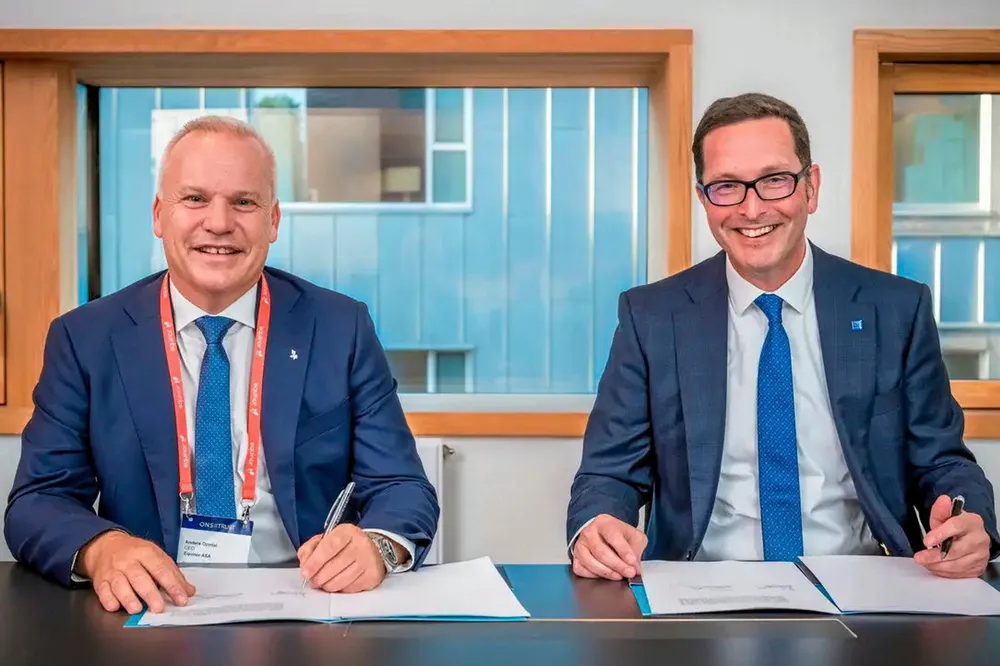Equinor and Wintershall Dea plan massive CCS project and pipeline from Germany to Norway
A 900-kilometre-long, open-access pipeline is planned to connect the carbon dioxide collection hub in northern Germany and the storage sites offshore Norway by 2032
